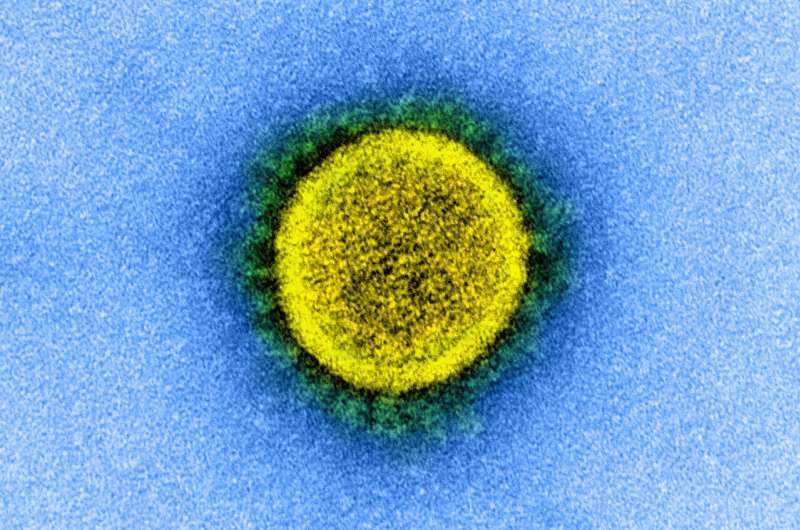Study uncovers subset of COVID-19 patients who recover quickly and sustain antibodies

One of the pressing questions about COVID-19 remains: How long does immunity last? One key indicator of immunity is the presence of virus-specific antibodies. Previous studies have provided conflicting accounts about whether people who have recovered from infection can sustain potentially-protective antibodies or not. A new study led by investigators from Brigham and Women's Hospital examined blood samples and cells from patients who had recovered from mild to moderate COVID-19 and found that while antibodies against the virus declined in most individuals after disease resolution, a subset of patients sustained anti-virus antibody production several months following infection. These antibody 'sustainers' had a shorter course of symptoms, suggesting that some individuals who recover from COVID-19 faster may be mounting a more effective and durable immune response to the virus. Results are published in Cell.
"We've found a subset of individuals that heal quickly while sustaining virus-specific antibody levels after COVID-19," said Duane Wesemann, MD, Ph.D., an immunologist and associate physician in the Brigham Division of Allergy and Clinical Immunology and an associate professor at Harvard Medical School. "The kind of immune response we're seeing in these individuals is a bit like investing in an insurance policy—it's the immune system's way of adding a potential layer of protection against future encounters with the virus."
The Wesemann lab studies the entire set of antibodies a host's immune system produces and how they learn to recognize pathogens. In the spring of 2020, the team turned its attention to the COVID-19 pandemic and the immune response of people who become infected. They are eager to understand the nature of the antibody response to the virus. To this end, the team recruited and enrolled 92 people in the Boston area who had recovered from COVID-19 between March and June of 2020. Five of the individuals were hospitalized but all others recovered at home. The team collected and analyzed blood samples monthly, measuring a range of antibodies, including immunoglobulin-G (IgG), against the virus that causes COVID-19. They split the cohort into two groups—those that sustain virus-specific IgG levels over several weeks, and those that lose them. The team analyzed these groups and potential connections they had to clinical and other immunological data.
The team found that IgG levels against the virus tended to decline substantially in most individuals over the course of three to four months. However, in about 20 percent of individuals, antibody production remained stable or enhanced over the same time period. The team found that these "sustainers" had symptoms for a significantly shorter period of time compared to "decayers" (average of 10 days versus 16 days). Sustainers also had differences in memory T cell populations and B cells, two types of immune cells that can play a key role in immune memory and protection.
"The data point to a type of immune response that's not only adept at handling viral disease by leading to a swift resolution of symptoms, but also better at producing cells that can commit to longer term production of anti-virus IgG antibodies," said Wesemann. "Figuring out how these individuals are able to support longer-term antibody production is relevant to COVID-19, and will also have important implications for our understanding of the immune system in general."
More information: Yuezhou Chen et al, Quick COVID-19 Healers Sustain Anti-SARS-CoV-2 Antibody Production, Cell (2020). DOI: 10.1016/j.cell.2020.10.051

















